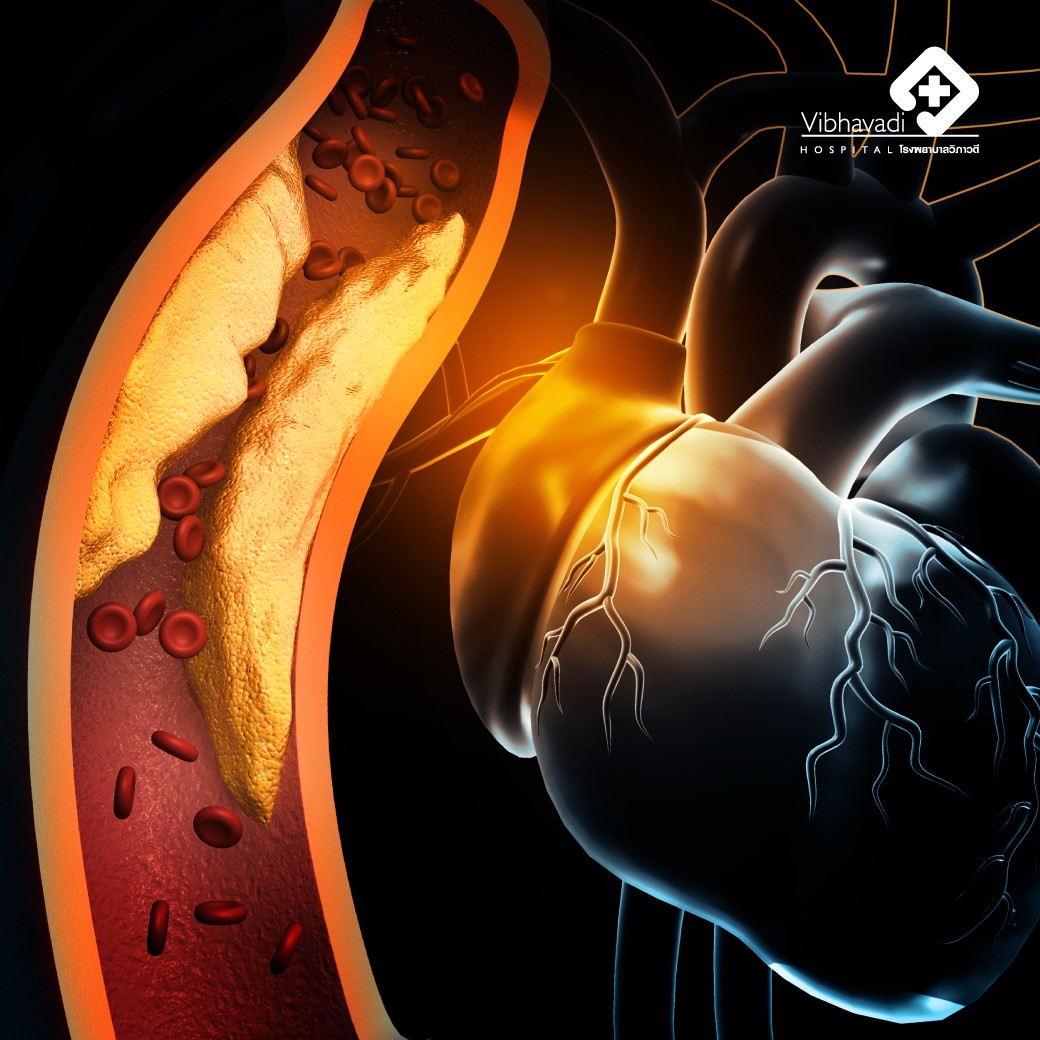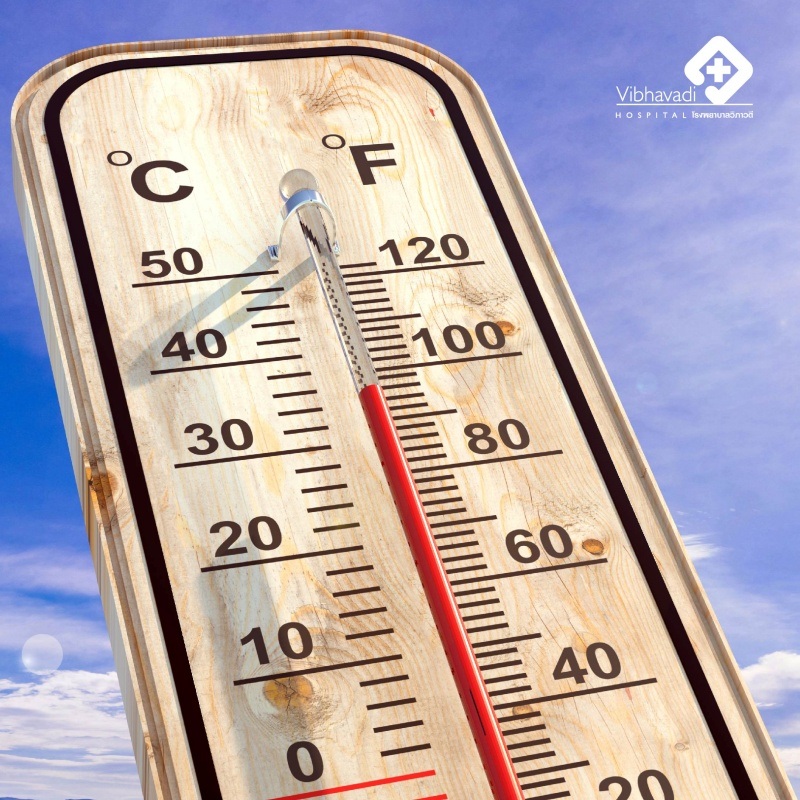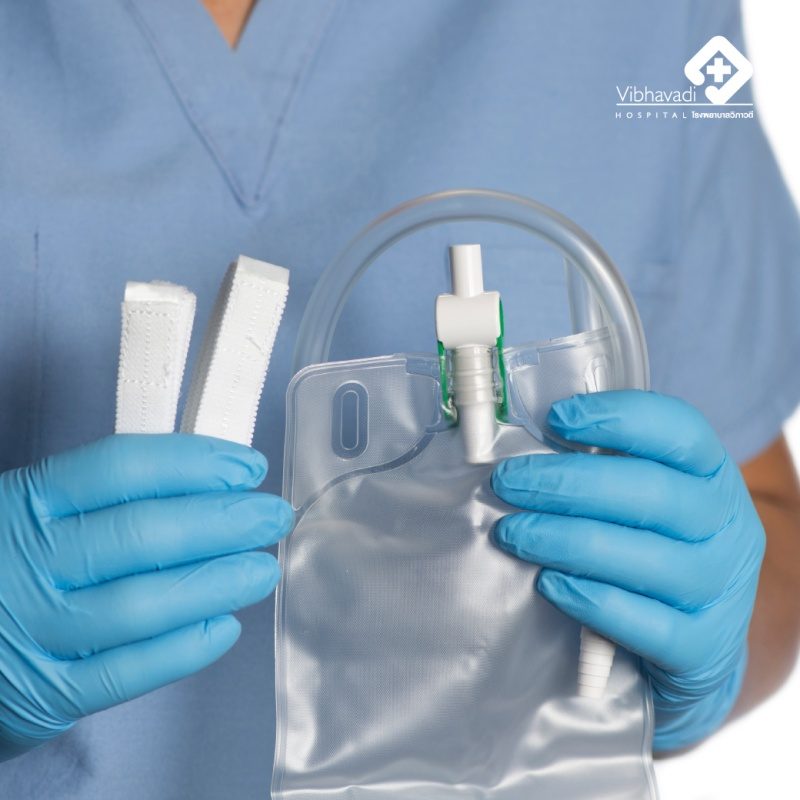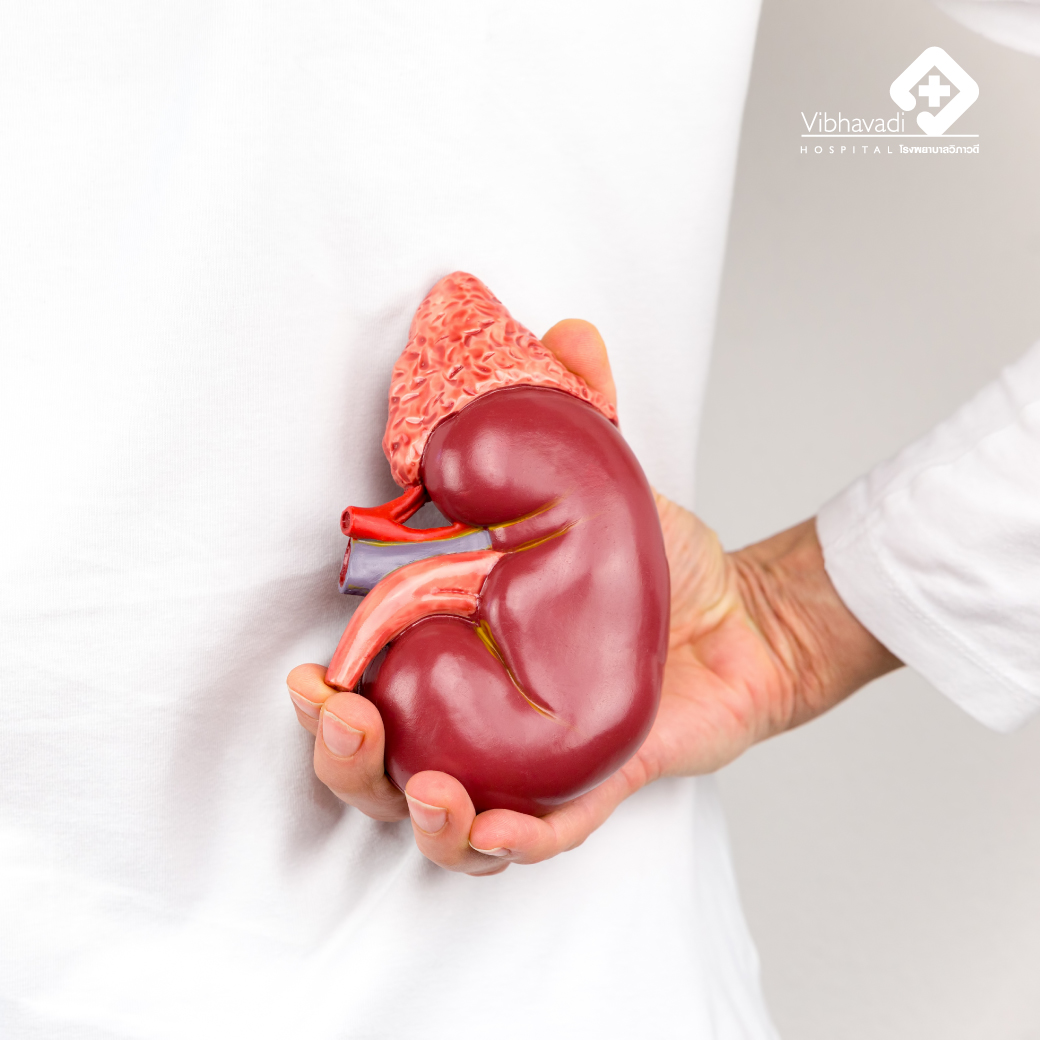The Health Risks of Late Rain and Early Winter
At this time of year, the weather is unpredictable and can cause the body to take time to adjust, resulting in an increased risk of sickness. Common illnesses associated with this period are the common cold, influenza, pneumonia, measles, rubella, chickenpox, and diarrhea.
Causes and Symptoms
Cold and flu are caused by viruses that are easily transmitted. The virus enters the body through the nose, mouth, and eyes. It can also be transmitted through saliva of the infected person. The disease is highly contagious in crowded, poorly ventilated places.
Signs
The patient will experience fever, headache, runny nose, cough, sneezing, and sore throat. There may also be chills. For those with influenza, the more severe symptoms include a high fever, headache, muscle aches, and often nausea and vomiting. With proper rest and treatment, the patient is likely to recover from the disease within 5-7 days. However, some may develop complications such as pneumonia, bronchitis, and strep throat, which can be particularly dangerous for those in risk groups, such as pregnant women, obese individuals, those with chronic illnesses such as asthma, chronic lung disease, cardiovascular disease, liver disease, kidney disease, diabetes, and the elderly and young children.
Treatment and Prevention
1. Avoid contact with patients, as well as not sharing items such as plates, cutlery, glasses, handkerchiefs, towels, etc. If there is a patient in the home, wear a hygienic mask when coughing or sneezing.
2. Wash your hands often with soap and water or use alcohol hand sanitizer.
3. During an influenza epidemic, reduce the number of places you go to and avoid poorly ventilated areas.
4. Work on maintaining your physical health regularly, eating nutritious food, exercising, getting enough rest, keeping warm, and not wearing wet clothes.
5. When flu symptoms occur, take a lot of rest, drink plenty of water, and use antipyretic medications and warm washcloths to wipe your body if it is hot. If symptoms do not improve, such as more coughing, tightness in the chest, and fever for more than two days, see a doctor immediately.
6. If you have flu-like symptoms and have had close contact with someone with influenza, see a doctor immediately.
Dr. Pakin Lowasathaporn, Internist at Vibhavadi Hospital















